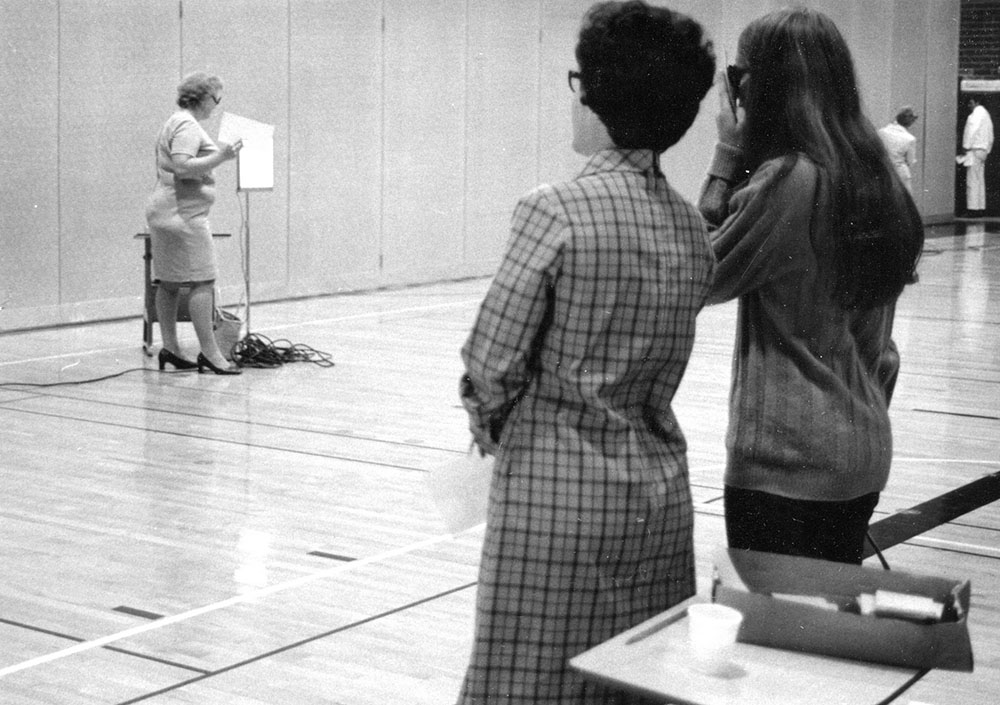Raise your hand if you think that it’s not necessary to have your child’s eyes examined by a doctor because “that’s taken care of at school.”
If you’re one of the many well-meaning, but misinformed parents with a hand in the air, listen up: It’s often incorrectly assumed that if a child passes a school screening, then there is no vision problem. However, many school vision screenings only test for clear distance vision—but that’s only a small part of the puzzle. More complex vision skills are needed for successful reading and learning, and these skills are tested for in a comprehensive eye and vision examination, by an eyecare professional.
For children who are free of risk factors, eye exams are recommended at 6 months old, 3 years old, before first grade, and then every two years thereafter. Children who are at risk for vision disorders may need to be tested more often depending on the recommendation of the health care provider. Risk factors include:
- Prematurity and low birth weight.
- Family history of retinoblastoma and congenital cataracts.
- If the mother has an infection during pregnancy—such as toxoplasmosis and cytomegalovirus.
- Difficult labor, which may be associated with fetal distress or low Apgar scores.
- Crossed eyes or “lazy eye.”
- Developmental delay, cerebral palsy, or seizures.
Source: carecredit.com
For more helpful eye care and vision care tips, please visit our main blog page.


Trackbacks/Pingbacks